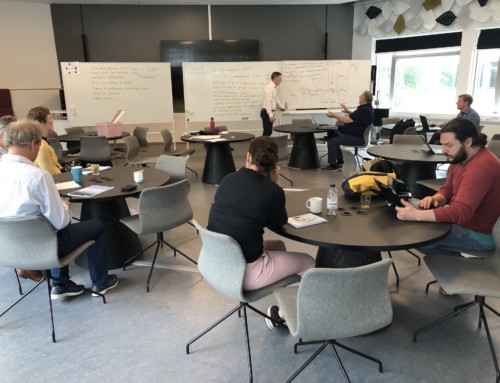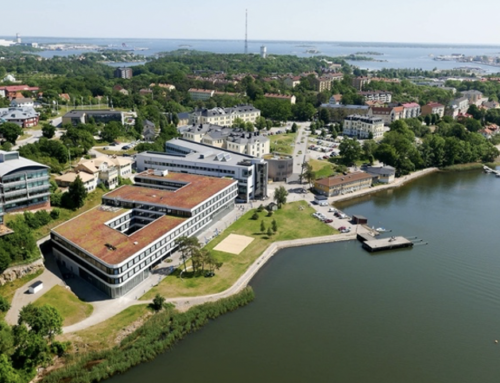Project Description
Varvaras PhD project ”Transitions towards sustainable multimodal personal mobility based on the local context” started in January 2017 and is planned for 4 years. It is designed in close collaboration between Mistra Urban Futures and Blekinge Institute of Technology (BTH), where BTH is a hosting institution. Supervision is done by Henrik Ny, David Simon, Göran Broman, and Henrikke Baumann. The project is funded by MISTRA through “Researchers at risk” program.
Increasing demand for transportation services worldwide is one of the main present-day urban challenges from, e.g., a sustainability point of view. Traditionally transportation planning is looking at various issues related to vehicles, safety, maintenance, and vehicle- and infrastructure-related environmental impacts, while issues such as strategic land use and impacts on non-motorized travel are often overlooked (Litman 2014). An integrated multimodal transportation system approach holds potential to contribute to a sustainable solution. Such an approach could contribute not only to a better customer experience, but also to operators’ and authorities’ effectiveness. Furthermore, achieving UN Sustainable Development Goals (SDGs; United Nations 2017), and in particular target 2 of goal 11 (by 2030, provide access to safe, affordable, accessible and sustainable transport systems for all, improving road safety, notably by expanding public transport, with special attention to the needs of those in vulnerable situations, women, children, persons with disabilities and older persons), requires a fast transition to sustainable personal mobility. However, the same transition path would not be applicable for every country and for every city. The aim of this work is to review the state of the art and the state of practice regarding context adapted development of sustainable multimodal personal transportation solutions and to develop an enhanced process for the development of such solutions. The work will be informed by Strategic Sustainable Development thinking and include, e.g., literature studies and pilot case studies in several cities internationally.
The research is initially guided by the following overall research question: How could city authorities and decision-makers be better supported to make a fast transition towards sustainable multimodal personal mobility based on the local context?
Supporting research questions (SRQ) are:
- SRQ1: What is the state of the art for context adapted city planning for fast transitioning of personal mobility towards sustainability?
- SRQ2: What is the state of practice for context adapted city planning for fast transitioning of personal mobility towards sustainability in some case cities?
- SRQ3: How can the main challenges identified during the pursuit of SRQ1 and SRQ2 be overcome?
- SRQ4: How can a process that helps city authorities and decision-makers speed up their context adapted transitions towards sustainability look like?
References:
Litman, Todd. 2014. “Introduction to Multi-Modal Transportation Planning.” Victoria Transport Policy Institute 15. https://pdfs.semanticscholar.org/7dfe/22b5374f5ca8deb1bab751d82f880bf0bcc7.pdf.
United Nations. 2017. “Sustainable Development Goals.” Sustainable Development Knowledge Platform. Accessed February 8. https://sustainabledevelopment.un.org/sdgs.
Text by Varvara Nikulina





